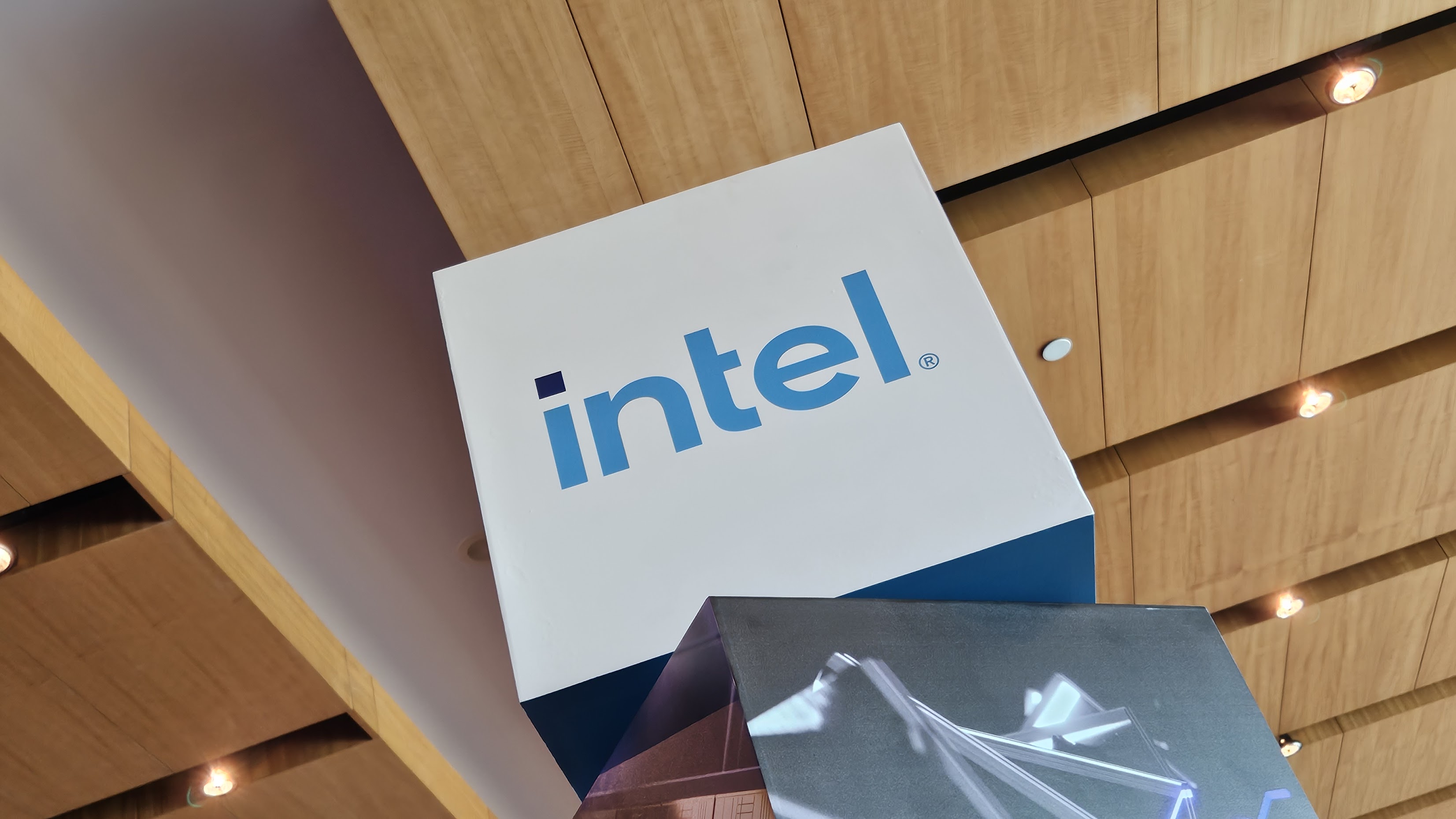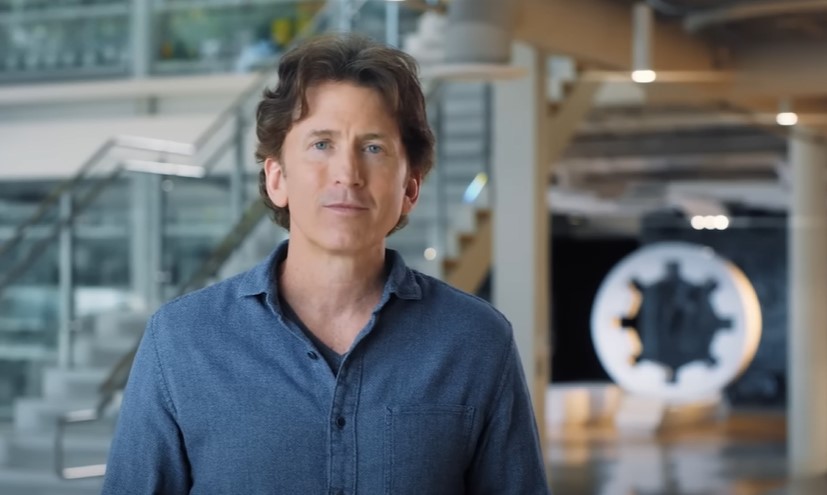Intel's financial crisis delays the development of mega fab factories in Poland and Germany despite heavy subsidies
Intel's tough economic times have forced the chip maker to postpone the development of two mega fab factories in Poland and Germany.

What you need to know
- Intel is delaying the development of two mega chip plants in Germany and Poland by two years due to financial constraints.
- Company CEO Pat Gelsinger also indicated that the launch of the chip packaging plant in Malaysia might be delayed but didn't provide a specific timeline.
- Gelsinger also indicated that Intel's Foundry Services would start operating as an independent subsidiary, providing clients with "clearer separation and independence from the rest of Intel."
Intel recently announced its plan to delay the construction of two mega chip-making factories in Germany and Poland. The chip maker attributed its decision to a lower demand for its chips than earlier anticipated (via AFP).
This news is surprising, especially for the German and Polish governments, which had heavily subsidized the projects, hoping to boost their respective economies.
As you may know, Intel has been experiencing tough economic times. During its latest earnings call, Intel reported a $1.6 billion loss, prompting it to lay off 15,000 people in devasting cost cuts. The drastic measures are part of the chip maker's plan to save $10 billion.
Intel CEO Pat Gelsinger indicated that the two mega chip-making factories in Germany and Poland would be on hold for up to two years. He also stated that the launch of its new chip packaging plant in Malaysia might be delayed but didn't provide a specific timeframe.
In an internal memo, Gelsinger indicated:
"Intel has a lot of work ahead to drive greater efficiency, improve our profitability and enhance our market competitiveness."
Intel also intends to halt its projects in Malaysia, but its operations in the United States will remain unaffected. Gelsinger indicated, "We recently increased capacity in Europe through our fab in Ireland, which will remain our lead European hub for the foreseeable future."
All the latest news, reviews, and guides for Windows and Xbox diehards.
The construction of Intel's new fab in Germany was scheduled for 2023. However, the plans were thwarted by the Ukraine war. This outcome is after the German government had finally reached common ground with Intel and signed a deal in June 2023, which included an increase in subsidies of up to 10 billion euros to launch the $33 billion fab.
On the other hand, the chip maker received up to $1.8 billion from the Polish government to set up a semiconductor factory in Wroclaw.
In Poland, Intel had received $1.8 billion to set up a semiconductor factory near Wroclaw. These projects would have potentially freed the EU countries from the shackles of overdependence and reliance on the Asian market for semiconductors for manufacturing high-end tech devices.
Elsewhere, Intel also announced that it was expecting up to $3 billion from the US government in funding to help promote the manufacturing of semiconductors for military use. This funding could help the chip maker secure the domestic chip supply chain and enhance the resilience of the US technological systems.
Foundry Services will operate as an independent subsidiary
Intel's CEO also indicated that its Foundry business would run as an independent subsidiary. For context, Intel's Foundry Services was launched in 2021 following Pat Gelsinger's appointment as CEO. It was designed to propel Intel in the chip manufacturing market.
However, Intel has yet to gain traction in the chip manufacturing landscape, which is dominated by TSMC. The chip maker's decision to operate its Foundry business as an independent subsidiary, according to Gelsinger, could present important benefits.
The CEO further indicated:
"It provides our external foundry customers and suppliers with clearer separation and independence from the rest of Intel. Importantly, it also gives us future flexibility to evaluate independent sources of funding and optimize the capital structure of each business to maximize growth and shareholder value creation."
Intel's struggle to establish a firm hold on the AI hype that propelled competitors like NVIDIA to the world's most valuable company with over $3 trillion in market capitalization has also impacted the chip maker's growth.
🎃The best early Black Friday deals🦃
- 🕹️Xbox Game Pass Ultimate (3-months) | $31.59 at CDKeys (Save $17!)
- 💻Samsung Galaxy Book4 Edge (X Elite) | $899.99 at Best Buy (Save $450!)
- 🕹️Starfield Premium Upgrade (Xbox & PC) | $27.69 at CDKeys (Save $7!)
- 💻ASUS Vivobook S 15 (X Elite) | $899 at Amazon (Save $400!)
- 🕹️Final Fantasy XVI (PC, Steam) | $43.79 at CDKeys (Save $6!)
- 💻Lenovo ThinkPad X1 Carbon | $1,481.48 at Lenovo (Save $1,368!)
- 🎮 Seagate Xbox Series X|S Card (2TB) | $249.99 at Best Buy (Save $110!)
- 🕹️Hi-Fi RUSH (PC, Steam) | $7.89 at CDKeys (Save $22!)
- 💻HP Victus 15.6 (RTX 4050) | $599 at Walmart (Save $380!)
- 🫙Seagate HDD Starfield Edition (2TB) | $79.99 at Best Buy (Save $30!)
- 🖱️Razer Basilisk V3 Wired Mouse | $44.99 at Best Buy (Save $25!)
- 🕹️Days Gone (PC, Steam) | $10.19 at CDKeys (Save $39!)
- 🖥️Lenovo ThinkStation P3 (Core i5 vPro) | $879.00 at Lenovo (Save $880!)

Kevin Okemwa is a seasoned tech journalist based in Nairobi, Kenya with lots of experience covering the latest trends and developments in the industry at Windows Central. With a passion for innovation and a keen eye for detail, he has written for leading publications such as OnMSFT, MakeUseOf, and Windows Report, providing insightful analysis and breaking news on everything revolving around the Microsoft ecosystem. While AFK and not busy following the ever-emerging trends in tech, you can find him exploring the world or listening to music.
